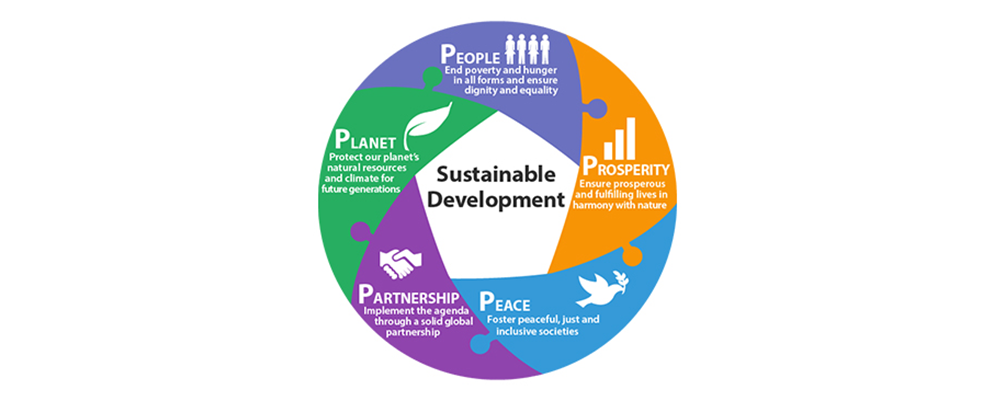Population, Environment and Sustainable Development
 Photo credit: ©un.org
Photo credit: ©un.org
The research group applies demographic concepts and analytical tools to empirically assess the complex relationship between population dynamics, environment and sustainable development. Our approach highlights the central role human population plays in the global environmental system both treating it as a determinant of environmental depletion and addressing the differential impacts of global environmental change on population dynamics. The empirical studies carried out span across the global, national and local scales covering historical analysis of past data and projection exercises into the future.
Key research themes
(i) Demographic differential vulnerability: Based on the population-centered approach, this theme analyses the differential impacts of global environmental change (e.g. mortality risk, loss and damage, health) on subgroups of population. Matching demographic data with environmental data, we apply existing demographic tools to analyse vulnerability to environmental change.
(ii) Interactions between human capital and global environmental change: In collaboration with the group Demography of Education, we explore a novel research field on how human capital contributes to vulnerability reduction and to the enhancement of adaptive capacities in the context of global environmental change. The research agenda also extends to the assessment of human capital as a driver of sustainable development.
(iii) Application of the demographic metabolism model: We investigate how the demographic metabolism – aggregate-level change of composition of a population through generational replacement – explains and predicts social change, concentrating on sustainable development as an outcome. Important dimensions of empirical analysis include the role of human capital (as a key factor in social change through the demographic metabolism) on social and environmental attitudes, behaviours, subjective well-being and vulnerability to global environmental change.
(iv) Climate-induced migration: There is no empirical consensus about the impacts of climate variability on migration due to data scarcity and to the lack of comparability of most studies that have been carried out hitherto. We address this research gap by analysing internal and international migration flows in the context of climate variability across countries and over time in collaboration with the Migration group.
The Wittgenstein Centre aspires to be a world leader in the advancement of demographic methods and their application to the analysis of human capital and population dynamics. In assessing the effects of these forces on long-term human well-being, we combine scientific excellence in a multidisciplinary context with relevance to a global audience. It is a collaboration among the Austrian Academy of Sciences (ÖAW), the International Institute for Applied Systems Analysis (IIASA) and the University of Vienna.
